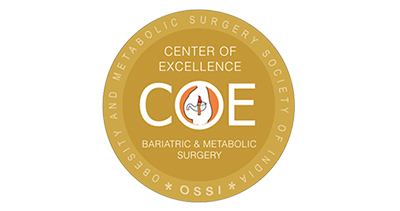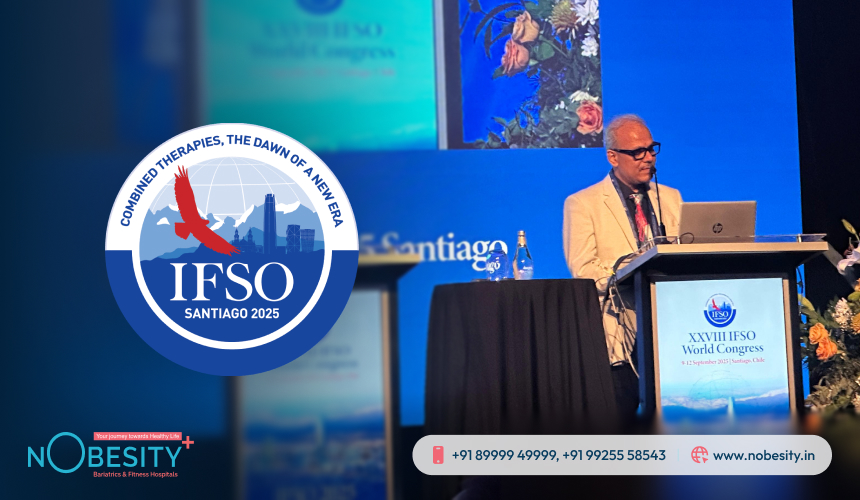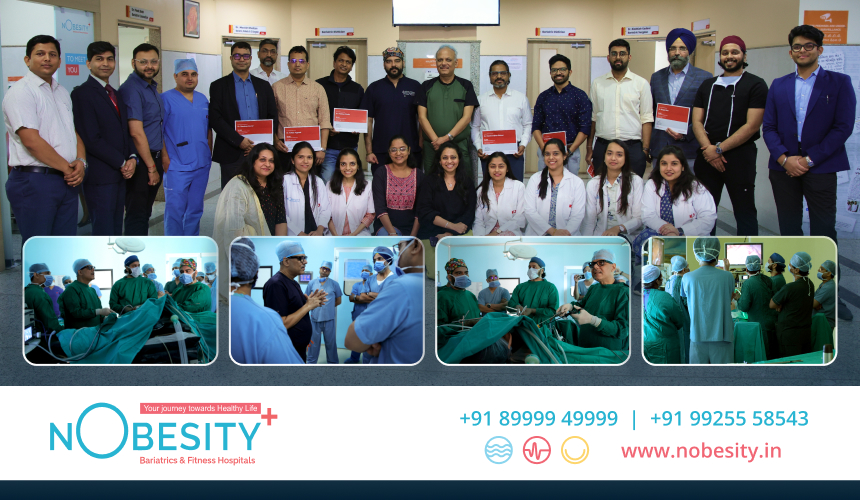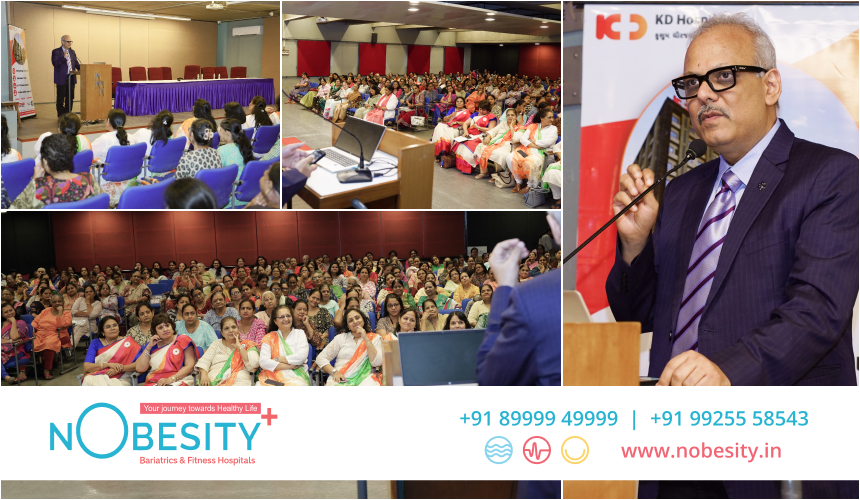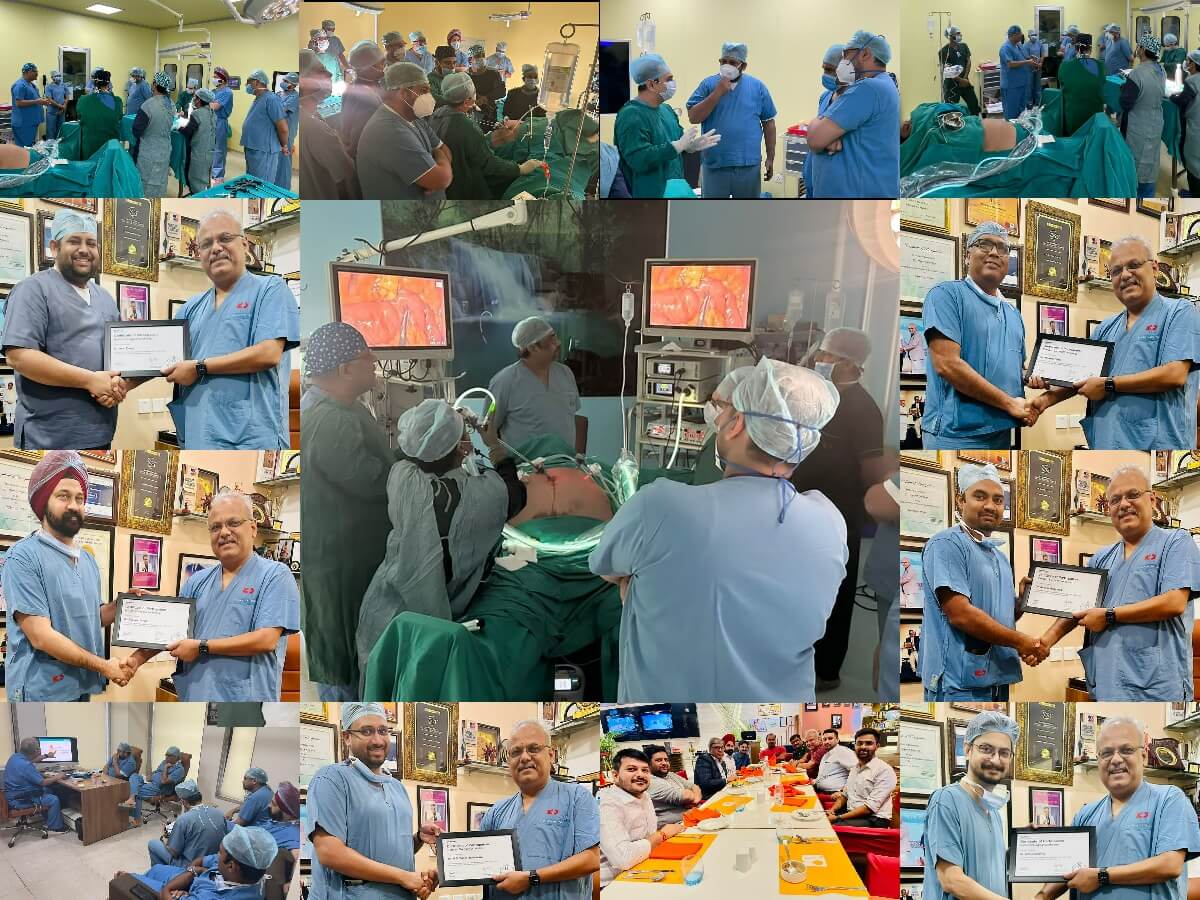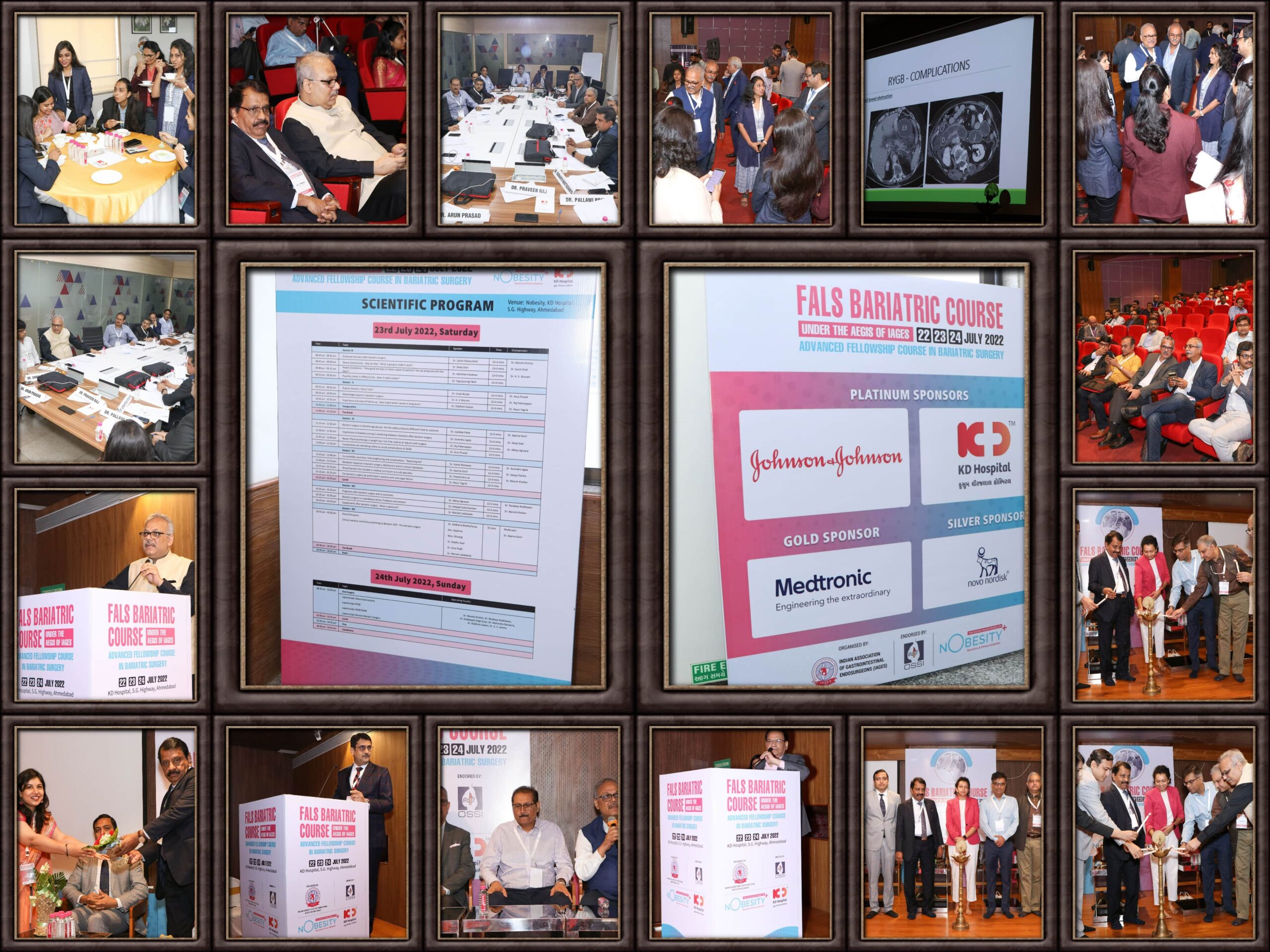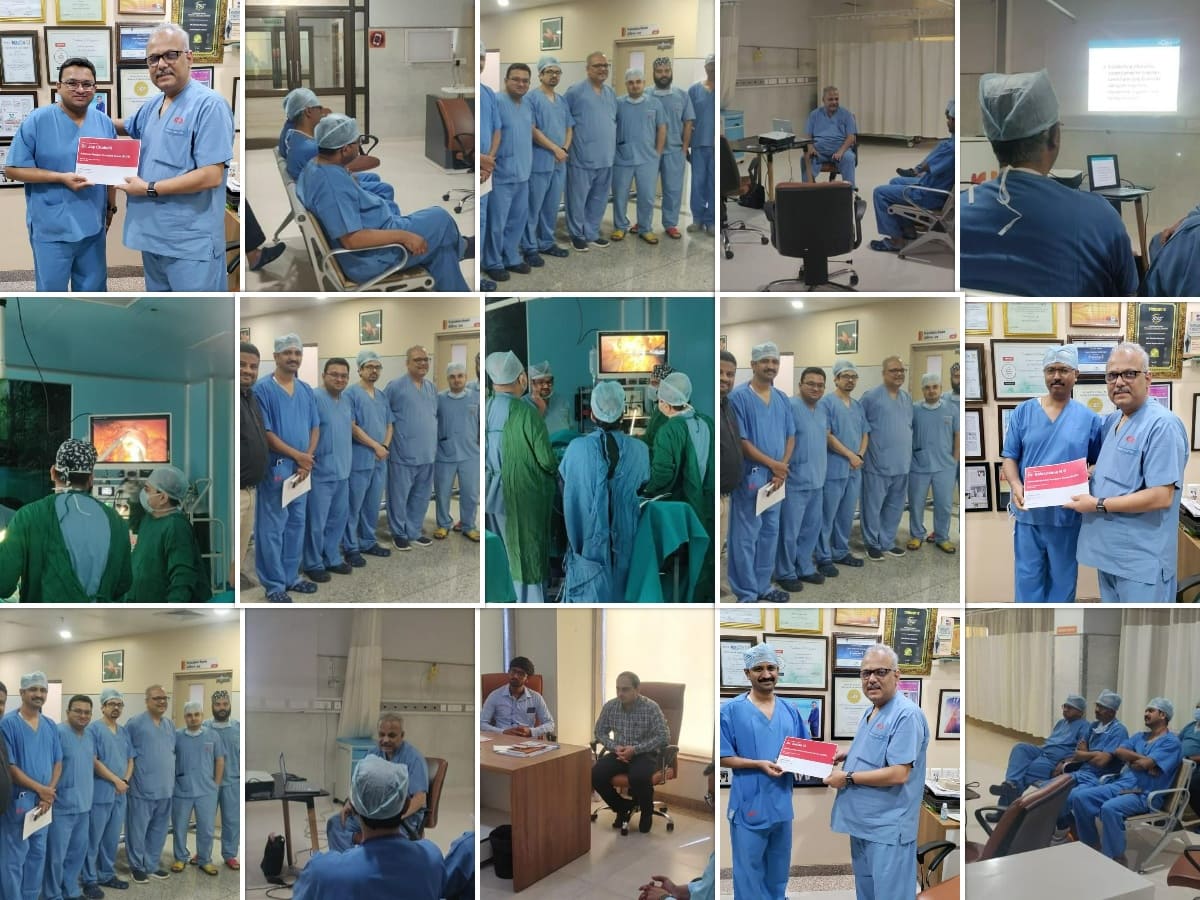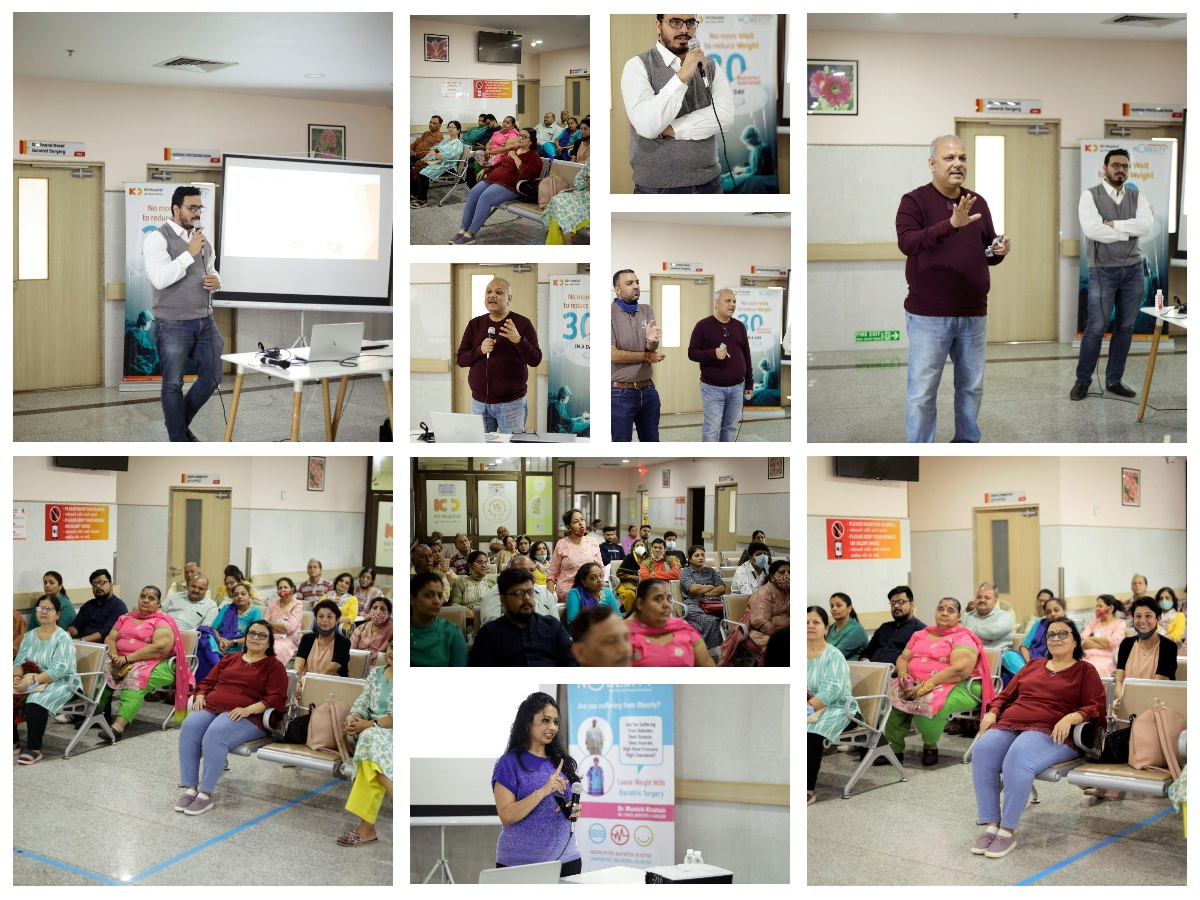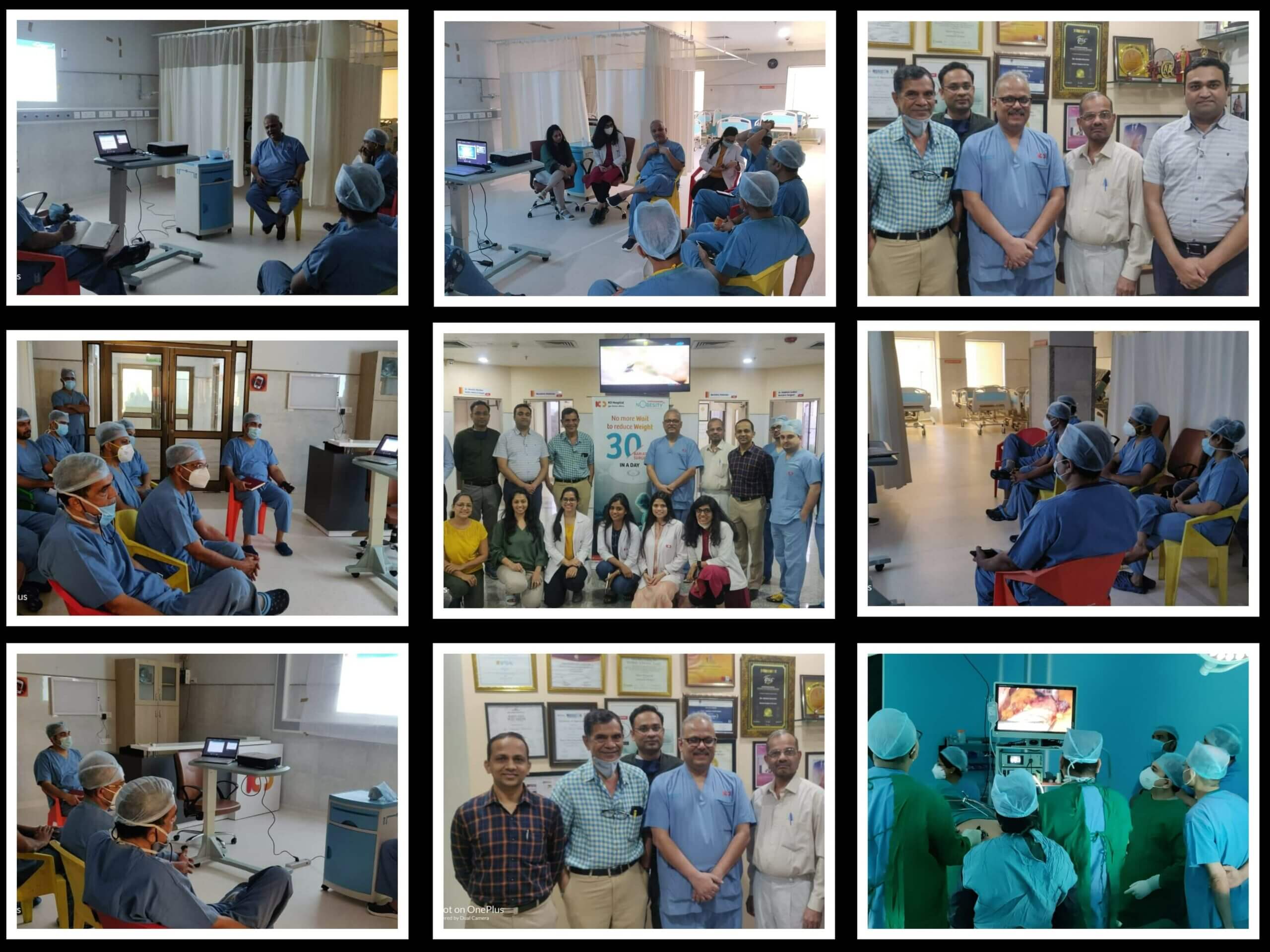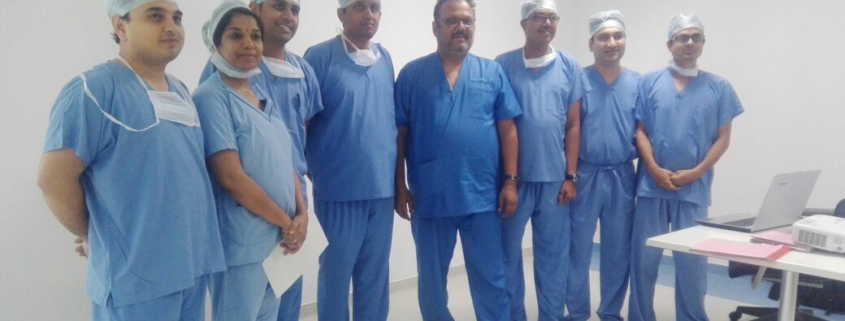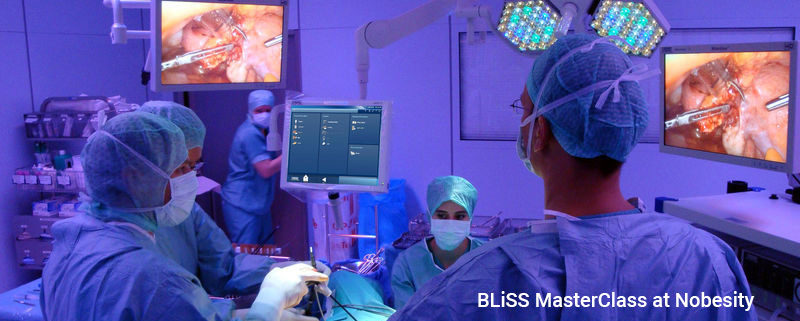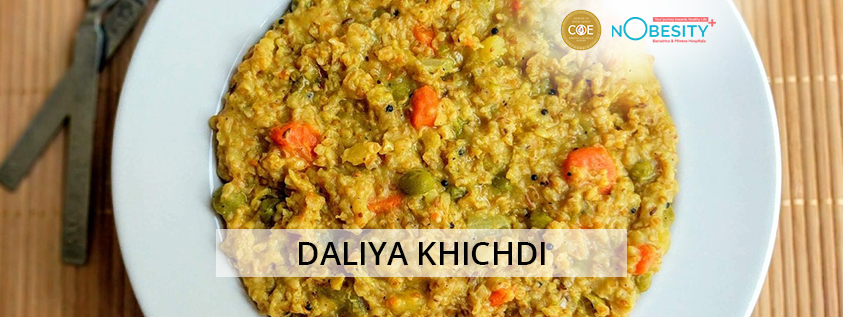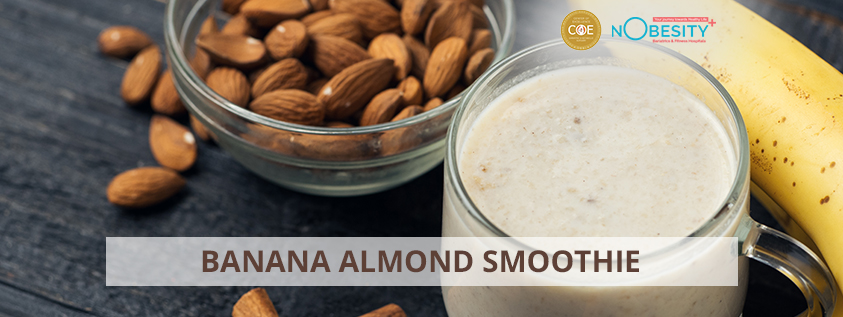MYTHS & FACTS ABOUT BARIATRIC SURGERY
MYTH 1: In bariatric surgery fat is removed from body
FACT: Liposuction is a cosmetic procedure where fat is removed from a certain area whereas Bariatric surgery is an operation that helps you lose weight by making changes to your digestive system to help control obesity & resolve co-morbidities.
MYTH 2: I will feel weakness after bariatric surgery
FACT: No, we will provide the necessary calories for your body from liquids/food so you will not feel any weakness.
MYTH 3: I will not able to eat after bariatric surgery
FACT: For the few weeks post-surgery, you will need to follow a restricted and controlled diet plan. This is to allow your body to adapt to the changes it is going through.
A step-by-step approach is followed in introducing foods into your diet. For the first few days after the surgery, the patient is advised to be on a liquid diet and then gradually pureed food is introduced which is followed by soft and easy-to-digest food items.Within about three months, most patients are able to get back to eating regular diet. You would also feel satisfied with the small portions that is actually needed by the body as opposed to large portions that you were used to before surgery as a result of overeating habits that we unknowingly learn over time right from childhood.
MYTH 4: Bariatric surgery will lead to serious health problems
FACT: No, In fact bariatric surgery assist in overcoming life-threatening conditions associated with obesity, including Type II diabetes, hypertension, high cholesterol and sleep apnoea and infertility
MYTH 5: Once I get the surgery, I can eat all that I want without worrying about weight gain
FACT: Bariatric surgery is not a magical fix-all. It is the first step towards overhauling your lifestyle. Prior to your surgery, your surgeon will introduce you to a nutritionist who will help you make healthy choices. Post-surgery, diet control and exercise is required to maintain a healthy weight loss. Those who still eat calorie-laden food with minimal nutritional content are the ones who put on weight post-surgery. Thus, bariatric surgery is a lifelong commitment.
MYTH 6: Most people who have metabolic/ bariatric surgery regain their weight
FACT: As many as 50 percent of patients may regain a small amount of weight (approximately 5 percent) two years or more following their surgery. However, longitudinal studies find that most bariatric surgery patients maintain successful weight-loss long-term. ‘Successful’ weight-loss is arbitrarily defined as weight-loss equal to or greater than 50 percent of excess body weight.
MYTH 7: Bariatric surgery is extremely dangerous
FACT: Any type of surgery has associated risks. But a number of recent advances have helped to minimize risks. Surgeries performed at NObesity are done laparoscopically with mini-incisions that result in faster healing, less pain and less scarring.
MYTH 8: Bariatric surgery leaves a big scar
FACT: In the past, “traditional” surgery would leave scars. However, as our technologies and techniques have improved, weight loss surgeries are now performed through “pin hole surgery,” also known as laparoscopic surgery. Laparoscopic surgeries leave much less scarring than open surgery; they have a quicker recovery time, less pain and less blood loss.
MYTH 9: When surgery is done, Follow up care is not necessary
FACT: To be the most successful, follow-up care is critical .Team members work to help patients make long-term lifestyle changes.
Testimonials

Namrta Joshi
30/01/2026
★★★★★
I fully satisfied with this treatment

Pokar Geeta
21/01/2026
★★★★★
Kd hospital best is best he usko 100 rivyu dati hu

Mitesh Shah
02/01/2026
★★★★★
Awards






